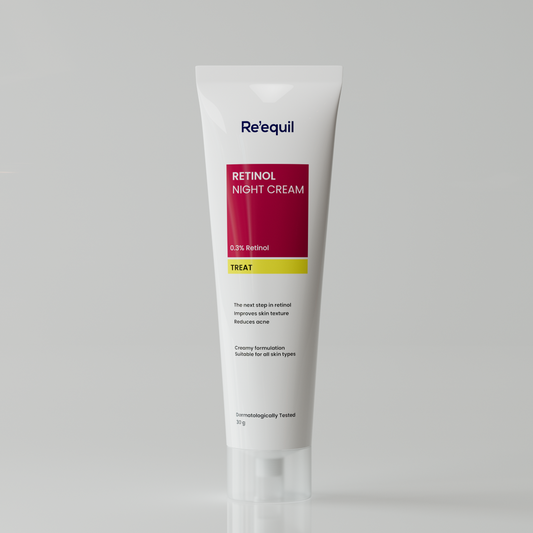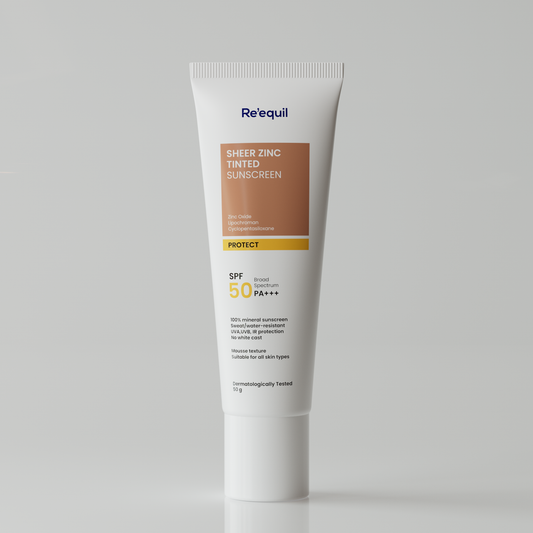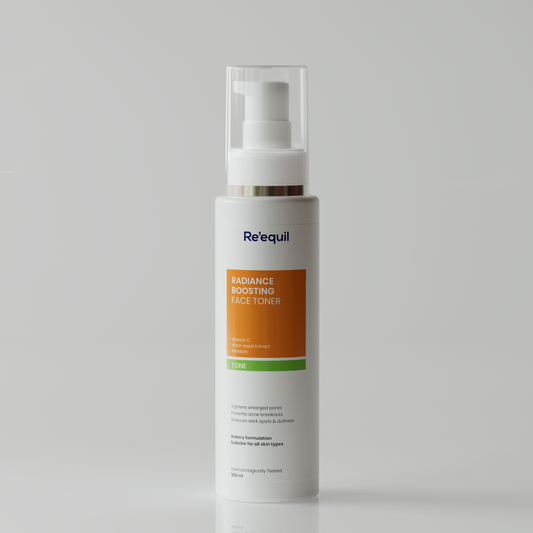1. What are some of the natural alternatives that can be used to treat hyperpigmentation marks?
If you wish to devoid any skincare formulations for treating pigmentation, you may opt for products enriched with natural ingredients such as-
- Arbutin- It is the most common yet effective skin-lightening and depigmenting ingredient derived from dried leaves of blueberries, cranberries, and pear trees and is known to mimic the function of hydroquinone
- Kojic Acid- It is an efficient plant-based acid known to be a powerful antioxidant and lighten pigmentation marks by inhibiting the synthesis of free tyrosinase.
- Vitamin E- It is a natural skin-nourishing ingredient and aids in the management of hyperpigmentation by interfering with lipid peroxidation and controlling melanocyte production
- Vitamin C- Excellent for hyperpigmentation. It bleaches the skin without causing skin burns and also inhibits melatonin production, thus imparting radiant skin and firmness by accelerating the formation of collagen and elastin and effectively lightening pigmentation marks
2. How exactly does sunscreen aid in reducing hyperpigmentation and dark spots?
Sun exposure is responsible for about 80% of facial ageing. It is largely responsible for loss of skin elasticity, uneven pigmentation, dark spots, and deep wrinkles. The application of sunscreen shields us from harmful UV rays and reduces-
- Blotchiness on the face
- Improves the overall health of the skin
- Premature signs of aging such as fine lines, wrinkles and age spots
- Post inflammatory hyperpigmentation and dark spots
- Sunburn and blemishes
Sunscreen acts as a protective shield for elastin and collagen, the two major components responsible for maintaining the rigidity of skin, and work by upregulating the expression of an enzyme called ‘metalloproteinase, thereby reducing the appearance of hyperpigmentation marks, acne, fine lines, and wrinkles.
3. Are there any effective home remedies that help treat hyperpigmentation?
Yes! Nature has all the solutions but for the best results, it is always better to follow an intensive skincare regime that includes appropriate face washes, toners, moisturisers, and sunscreens, in conjunction with natural home remedies. To reap maximum benefits, you may opt for-
- Milk and Curd- They contain a natural bleaching agent, namely, lactic acid known to remove scars, dark spots, and pigmentation marks.
- Green Tea- Contains natural amounts of ‘catechins- a rich antioxidant. It is known to remove free radicals that cause hyperpigmentation and ‘cell damage.
- Aloe vera- It contains a natural depigmenting agent called ‘aloin’ that helps treat pigmentation.






































